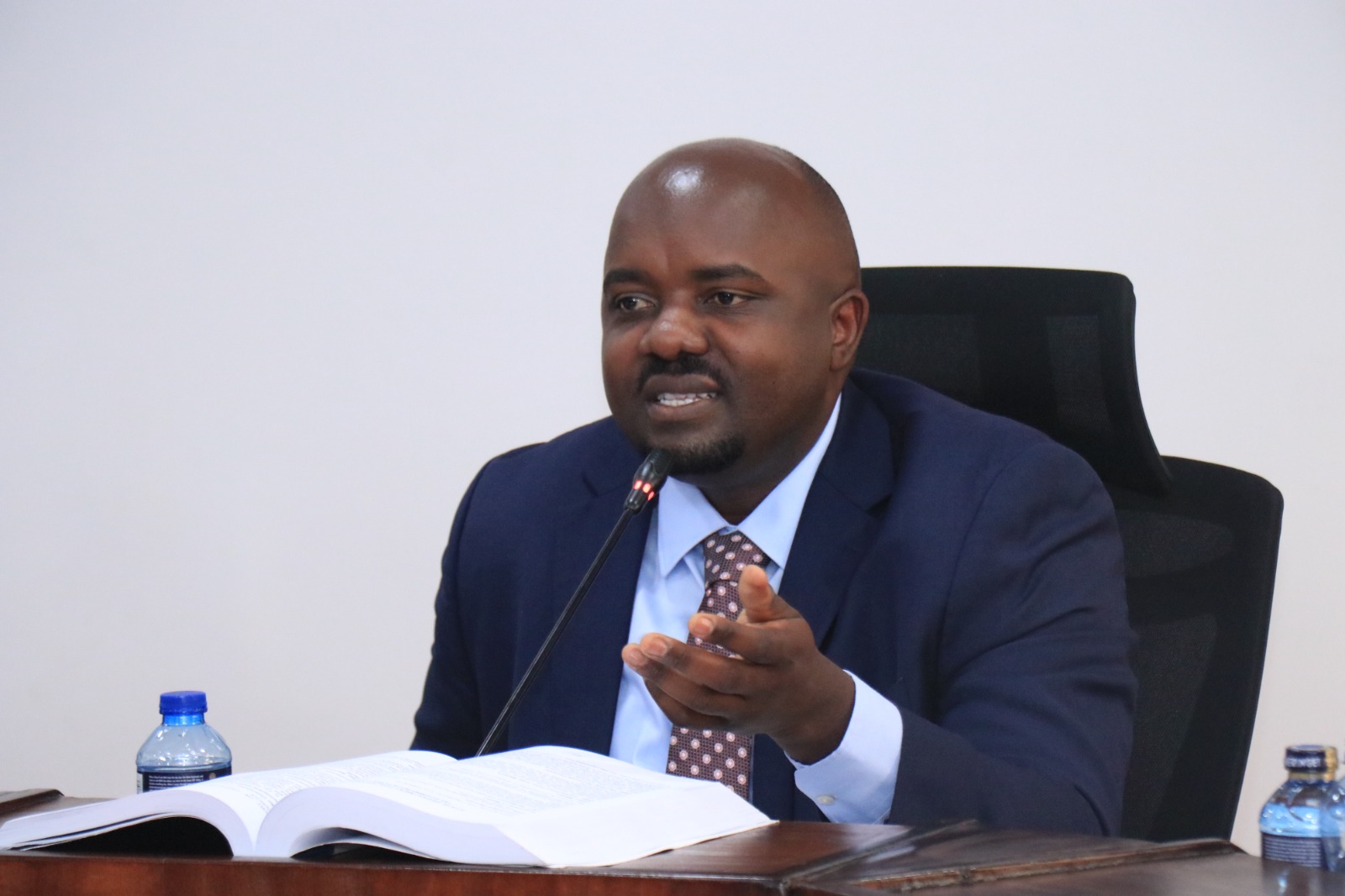

A parliamentary watchdog committee has raised concern over persistent delays
in settling bills owed to the Government Advertising Agency (GAA) by
ministries, departments, and state agencies (MDAs), warning the trend risks
crippling service delivery.
The Public Accounts Committee (PAC), chaired by
Butere MP Tindi Mwale, heard on Wednesday that government entities often place
adverts with GAA without promptly paying, citing delays in exchequer releases
from the National Treasury.
Principal Secretary for Broadcasting and
Telecommunications Stephen Isaboke and GAA Director Michael Okidi admitted that
while MDAs commit to adverts based on budget allocations, payments are often
stalled until Treasury disburses funds.
“At times, there are delays in the release of
the Exchequer, which in turn affects timely payment. However, the payments are
eventually made once the funds are disbursed,” Okidi told MPs.
But committee members expressed
dissatisfaction, with Mwale accusing some officials of shielding defaulting
MDAs instead of candidly disclosing the problem to allow Parliament to
intervene.
“If you make that clear, the committee can
intervene and compel them to pay. But if you continue to defend them, you will
go back to your office with the same problem,” Mwale said.
He urged officials to emulate institutions
like the National Police Service, which has openly differed with oversight
bodies before parliamentary committees, allowing MPs to mediate disputes.
The GAA is owed a cumulative Sh991 million by
MDAs. The biggest debtor is the Kenya Broadcasting Corporation (KBC) at Sh170
million, followed by the Kenya Forest Service (Sh36 million), Kenya Film
Classification Board (Sh36 million), Kenya Yearbook Editorial Board (Sh34
million), Media Council of Kenya (Sh10 million), and Development Initiatives
Works in Kenya (Sh3 million).
Isaboke and GAA officials said measures have
been introduced to curb debt, including requiring Local Purchase Orders (LPOs)
or Local Service Orders (LSOs) before adverts are placed and barring agencies
with arrears above Sh2 million from new bookings.
Lawmakers, however, pressed for tougher
action. Rarieda MP Otiende Amollo argued that adverts should not be placed
without upfront confirmation of funds.
“Why not insist that instructions are issued
only when money is confirmed, so that once funds are available, payment can be
made and GAA can proceed with advertising?” Amollo asked.
Samburu West MP Naisula Lesuuda proposed that
arrears be flagged as audit issues whenever MDAs appear before PAC to force
accountability.
Officials said enforcement is being tightened
and warned accounting officers would now be held personally liable for
unfulfilled financial commitments under new infraction-tracking measures rolled
out by the Office of the Head of Public Service.
The crisis has revived debate on whether GAA,
established in 2015 to centralise government advertising, remains useful.
Amollo questioned why MDAs must use the agency if it cannot guarantee timely
services or payments.
In defense, Isaboke argued GAA is still vital
for cost efficiency and compliance.
“It was created to eliminate inflated rates charged by private media houses
and to streamline government communications. What we need is alignment between
budget commitments and payments, not abolition,” he said.
The committee also heard that KBC’s debt
burden is compounded by outdated infrastructure, which has weakened its
competitiveness against private broadcasters and driven advertisers to digital
platforms.
“It is a chicken-and-egg situation. Because
KBC cannot modernise, it loses advertisers to private rivals and online
platforms. That lost revenue then creates budget gaps,” Isaboke said.












